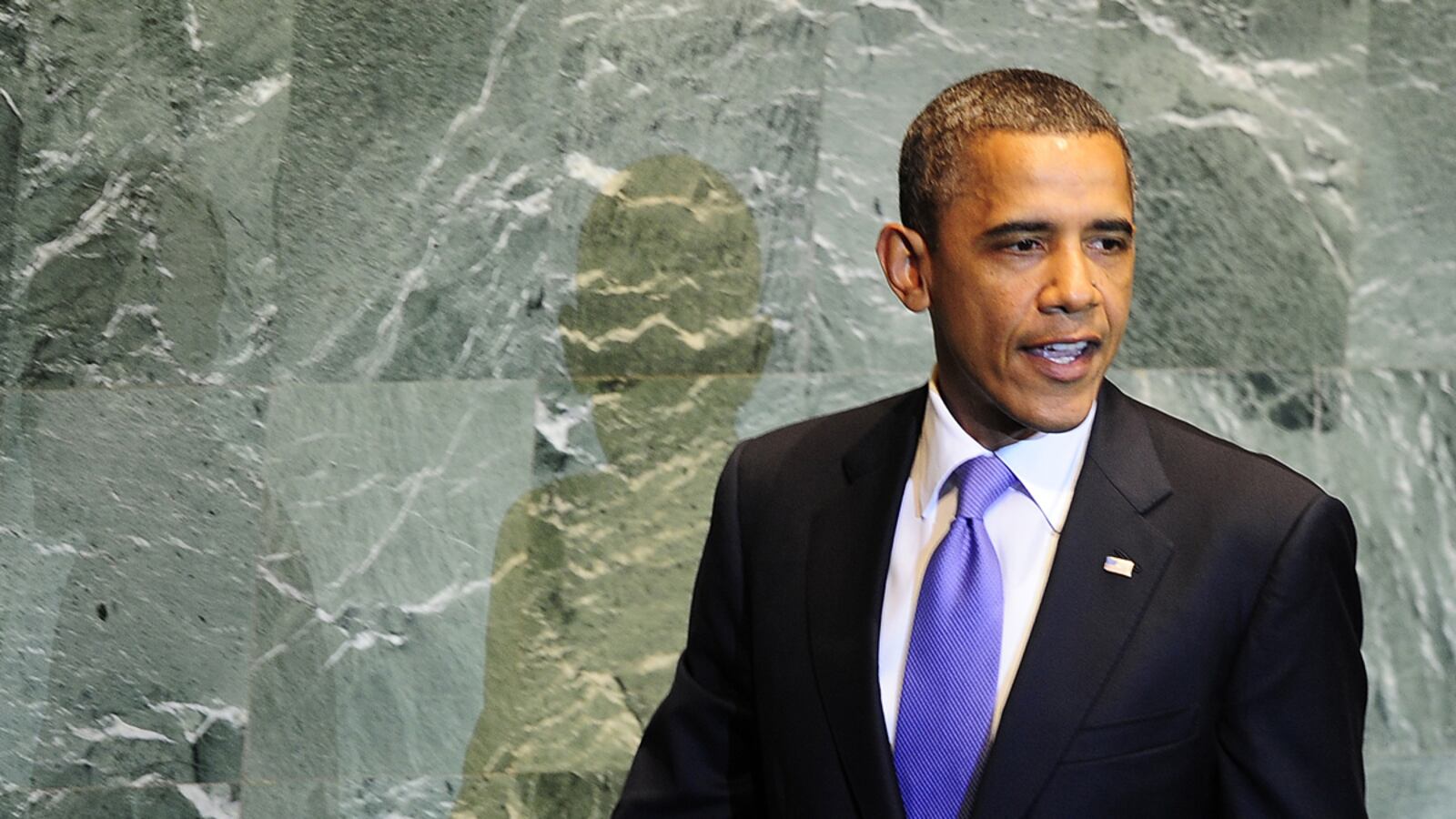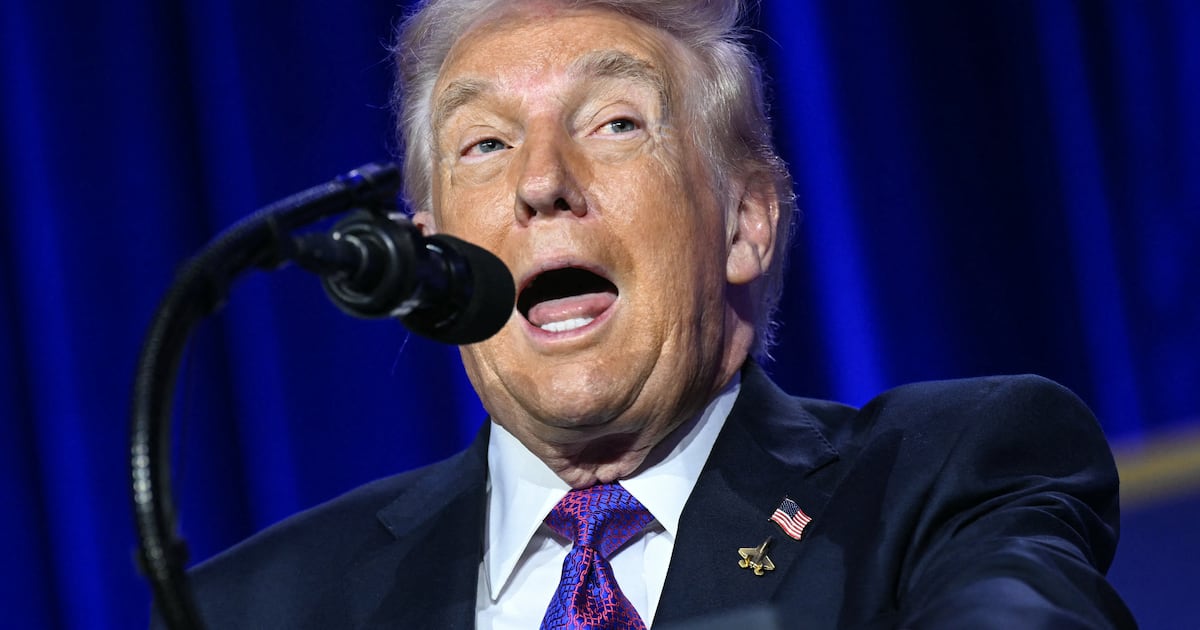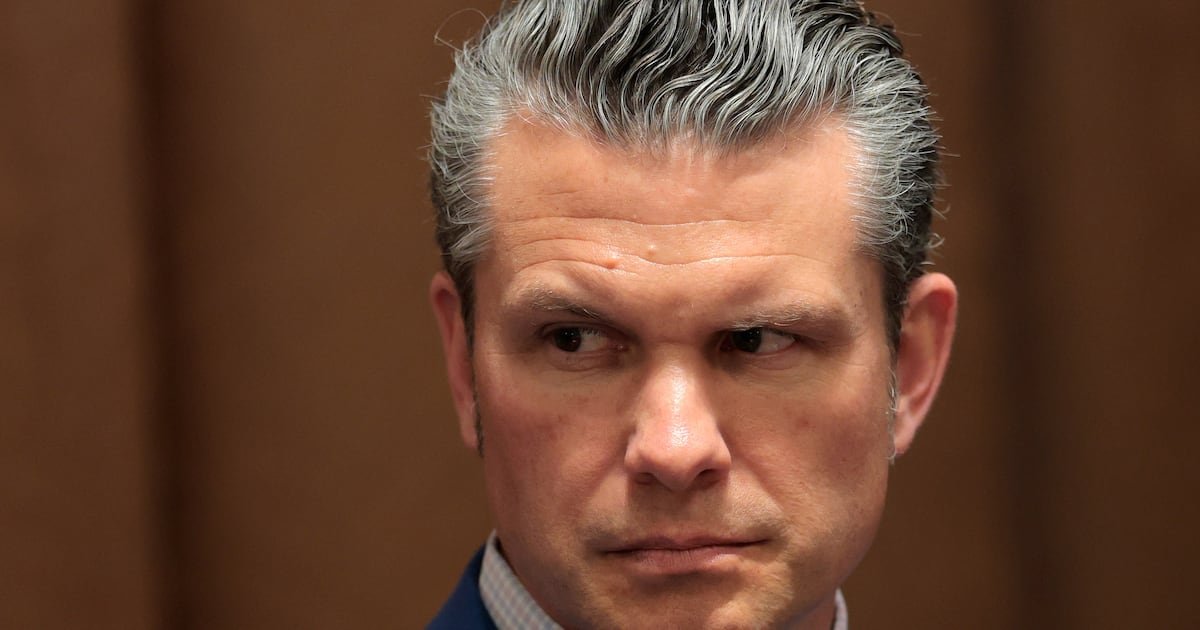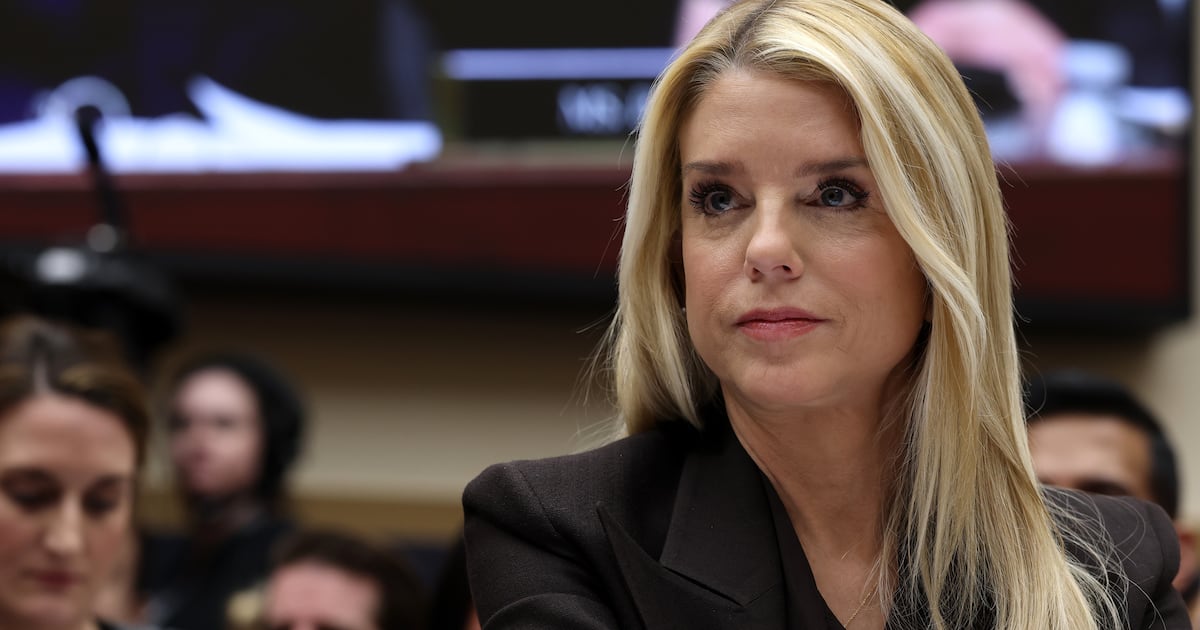The most outrageous passages in President Obama’s U.N. speech had nothing to do with his approach to making peace in the Middle East but instead centered on a dubious, even eccentric view of America’s role in a rapidly changing world and his own place in world history.
After praising “the heart of the United Nations” as “the pursuit of peace in an imperfect world,” the Nobel Peace Prize laureate announced that he had already achieved surprising progress toward that goal. “Let there be no doubt: the tide of war is receding,” he proclaimed. “When I took office, roughly 180,000 Americans were serving in Iraq and Afghanistan. By the end of the year, that number will be cut in half, and it will continue to decline. This is critical to the sovereignty of Iraq and Afghanistan.”
In other words, the commander in chief suggests that the presence of American troops previously stood in the way of Afghan and Iraqi sovereignty, and that the most important step to safeguarding that precious sovereignty is the continued withdrawal of U.S. forces. He seems to embrace the toxic, anti-American view that “occupation” by the United States represents the chief cause of both bloody conflicts. This concept of the current conflicts ignores a history of two decades of devastating Afghan civil war, as well as Saddam Hussein’s well-documented slaughter of his own citizens and attacks on four different neighboring states, long before American troops entered either country.

If “the tide of war” is indeed “receding” in Iraq it’s because President Bush sent more troops to the fray and not because Barack Obama brought them home. The notion that the ongoing withdrawal of our forces means that peace at last has come to Afghanistan also ignores the daily evidence of ongoing butchery and terror, even in the purportedly secure segments of Kabul. Despite President Obama’s self-congratulatory conflation of declining troop levels with rising prospects for peace, many Afghans, as well as some of the commanders charged with executing his policies, believe that reducing U.S. strength will mean more, not less danger for the country and its sovereignty.
But the president’s shameless assertions about his own foreign-policy triumphs grew even more preposterous just a few paragraphs later.
“So it has been a remarkable year,” he intoned. “The Gaddafi regime is over. Gbagbo, Ben Ali, and Mubarak are no longer in power. Osama bin Laden is gone, and the idea that change could only come through violence has been buried with him.”
Does the president honestly believe that the brilliantly successful (and deadly) mission by Seal Team Six to eliminate bin Laden represented the triumph of nonviolence?
Did NATO remove the durable Gaddafi dictatorship by means of hunger strikes, appeals to conscience, and peaceful demonstrations or through more than 7,000 high-tech bombing sorties?
Meanwhile, the inclusion of the name of Egypt’s Hosni Mubarak on a list of monsters that features America-hating, terror-supporting Islamist fanatics like bin Laden and Gaddafi amounts to a gross, even slanderous distortion of history. No one could describe Mubarak as a candidate for sainthood, but for more than 30 years he loyally (if imperfectly) defended American interests in the most dangerous region on earth. The people of Egypt may (or may not) fare better after the collapse of his regime, but there’s scant reason to believe that this collapse somehow advanced the cause of peace. Does the violent mob assault on Israel’s Egyptian embassy illustrate President Obama’s idea of “the tide of war receding”?
The president went on to herald nothing less than a messianic turn in human events. Immediately after declaring that “the idea that change could only come through violence” had been buried with bin Laden, he deployed what his admirers love to describe as “soaring rhetoric” to describe the new era of peace. “Something is happening in our world,” he purred in almost reverent tones. “The way things have been is not the way they will be. The humiliating grip of corruption and tyranny is being pried open … The promise written down on paper ‘all human beings are born free and equal in dignity and rights’—is closer at hand.”
Does the president ever read the newspapers? (Katie Couric asked Sarah Palin that question, but no one would dare to ask Barack Obama). Does he check the latest dispatches from Somalia, Syria, Yemen, Pakistan, Iran, Sudan, North Korea, Cuba—not to mention the Peoples Republic of China, the most populous dictatorship on earth?
Even if the cause of human rights has arguably advanced in recent years, wouldn’t it count as a wildly premature overstatement to proclaim that reliance on violence is dead and buried and that “the way things have been is not the way they will be”?
How could a savvy statesman offer such questionable assertions in the most visible forum on earth, exposing himself (and, more importantly, his nation) to worldwide mockery?
Two possible explanations come to mind.
First, it’s conceivable that President Obama has succumbed to sincere belief in the magical, transformative power of his own oratory and that he honestly assumes that his proclamations of “peace in our time” will become self-fulfilling prophecies. As George Will recently pointed out, any such faith would need to ignore a long losing streak of “big speeches” that failed to transform, to persuade or to advance in any way the president’s personal agenda. His Big Cairo Speech hardly redeemed and recast America’s relationship to the Muslim world, his Big Debt Ceiling Speech (or speeches) never produced the Grand Bargain he sought, his Big 2010 Campaign Speeches failed to rescue his Democratic allies from sweeping defeat and his Big Copenhagen Speech even bombed at bringing the coveted 2016 Olympics home to Chicago.
The second potential rationale for President Obama’s risible insistence on the Dawning of the Age of Aquarius involves the uncomfortable imperatives of an undeniably difficult reelection campaign. Rather than returning to issues like climate change (previously described as a “moral imperative” but where Al Gore himself sees no discernable progress), the president chose to accentuate the positive and to make the case that his leadership has already helped heal the planet. Having stirred mass expectations for hope and change, and won a Nobel Peace Prize based on promise rather than performance, Barack Obama sought to give dispirited true believers some rhetorical basis, at least, for renewed faith.
This nakedly political purpose emerged with startling clarity near the conclusion of a very long address. When discussing the sad state of the global economy, President Obama sounded a favorite reelection theme that without his courageous and visionary leadership the world financial system would have collapsed. “Markets are volatile,” he acknowledged. “Too many people are out of work. Too many others are struggling to get by. We acted together to avert a Depression in 2009. We must take urgent and coordinated action once more.”
The identification of 2009 as the turning point at which the world dodged disaster awards sole credit for the rescue to his own inspired leadership, since that was the very year he entered the White House. In truth, the crucial decisions to keep the financial system from collapse came under the Bush administration in September and October of 2008, with the costly (and hugely controversial) TARP program of bank bailouts. Regarding the Wall Street crisis, Obama initially pursued policies already established by his predecessor (for better or worse) and the economy officially reached the point of recovery in June 2009—a scant four months after the change in administrations. Had he told the world that “we acted together to avert a depression in 2008 and 2009,” or simply dropped all reference to a specific year and said simply “we acted together to avert a depression”, no one could have quibbled with his summary of history. But some combination of deep-seated narcissism and a political need to claim exclusive credit for saving the world, dictated his misleading formulation.
Despite the fact that President Obama’s comments on the Palestinian-Israeli dispute comprised only a small percentage (less than one sixth) of his overall U.N. address, the looming confrontation over Palestinian statehood meant that these remarks dominated the discussion following this latest Big Speech. But other passages that drew minimal attention may reveal even more of the president’s conception of the state of the world and of his redemptive role in it and should provide voters with an even stronger basis for denying him repeat U.N. performances after 2012.






